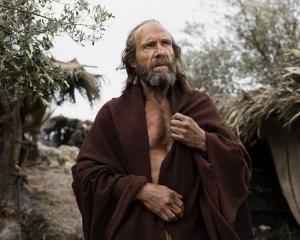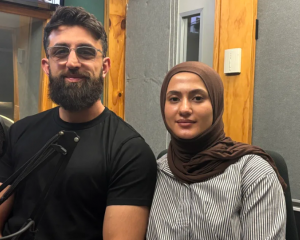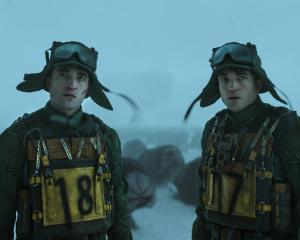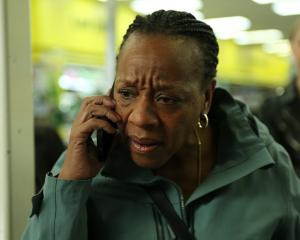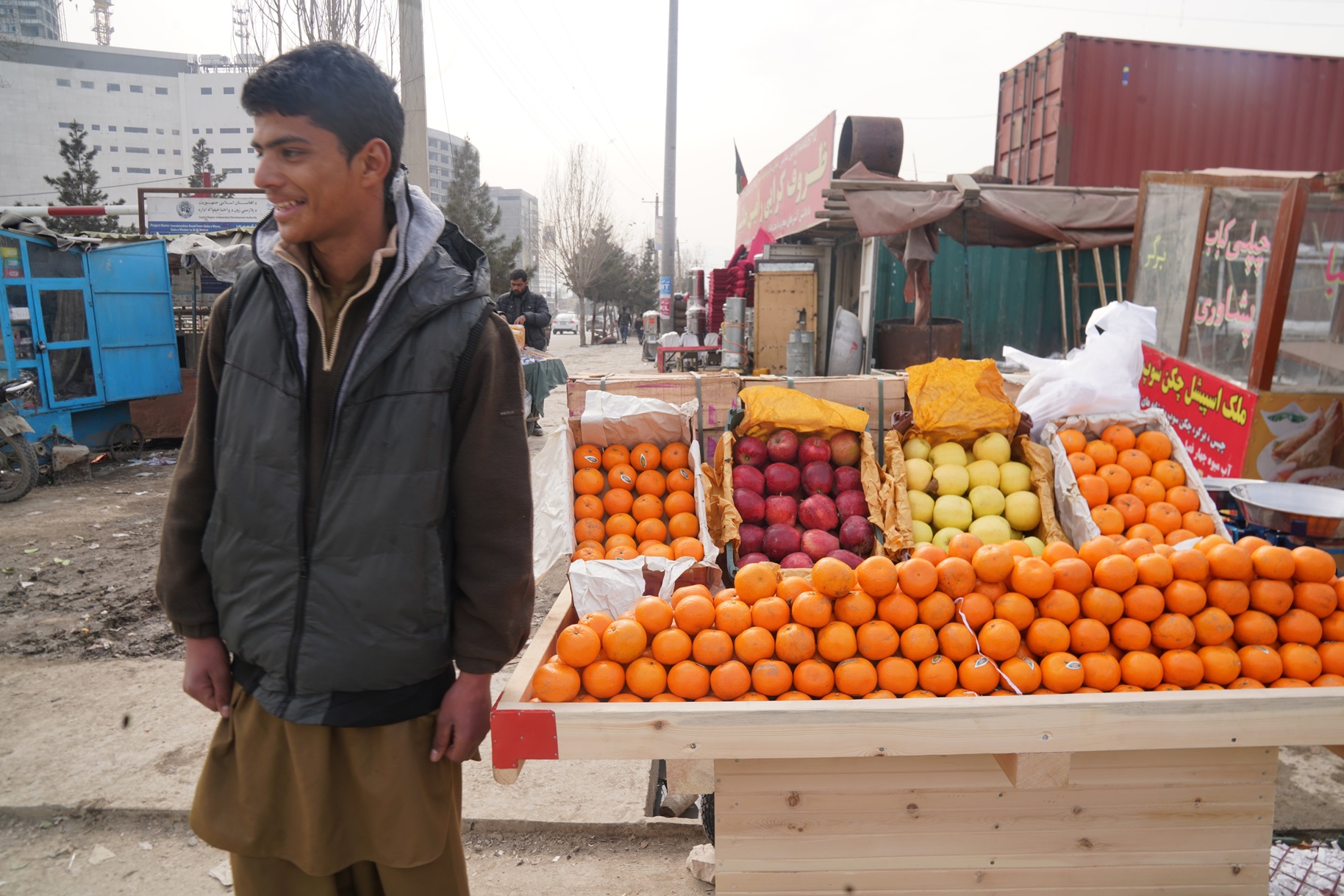
There is a saying of The Prophet, Bariz Shah says, that he and his partner Saba Afrasyabi hold close.
"The best of you are those who are of the most benefit to others," he says, quoting the well-known hadith.
"And that’s kind of how we want to live our life, you know? Like, how can we do things in this world that is of the most benefit to other people? That’s something that Saba and I hold dear to us."
The proof of the Christchurch couple’s commitment to the ideal is in cinemas in the coming week in the form of documentary Project 51. It’s the story of their mission to turn around the lives of people in Afghanistan, to offer them the opportunity to beat the odds. It’s a story, simply, of being of benefit to others.
In the film, they travel themselves to Afghanistan, where their families are from, to put their initiative into action, micofinancing 51 families into a better future.
The number carries a great weight of meaning for the couple, indeed for the country, as it honours the 51 martyrs killed in the Christchurch mosque attacks in 2019.
Humanitarian work was always the couple’s plan. Having both been born to refugee families in Peshawar, Pakistan, they felt a responsibility to share the good luck of having found their way to New Zealand.
"When you either go to a place like Afghanistan or have lived in places like Pakistan or Afghanistan, you always have this in the back of your mind, that you want to help in some way," Shah says.
"Especially coming to a place like New Zealand, you do see that people are a lot more privileged here, and there are a lot more opportunities.
"And so you kind of need to balance that out, right? You can’t just have experienced such a thing or know of a world such as that, but just forget about it and continue living your own life here and making a really pretty life for yourself."
It’s a perspective common to migrants or refugees, he says, to people who have experienced both worlds.
That, then, was their commitment prior to the events of March 15.
"March 15 kind of catapulted us into action," he says.
From that moment it was of no consequence that they were short of experience or weren’t ready for the work. The time had arrived and they needed to get on with it.
"That’s basically what March 15 did for us."
They were on a deadline, self-imposed, determined to work fast and effectively.
"I’ve been told that it takes about seven years to make a documentary like this. We did it in five," Shah says.
Three years, from the time they received New Zealand Film Commission backing.
The couple were already attracted to the idea of microfinancing — employing relatively small sums to set people up with economic opportunities, Afrasyabi says.
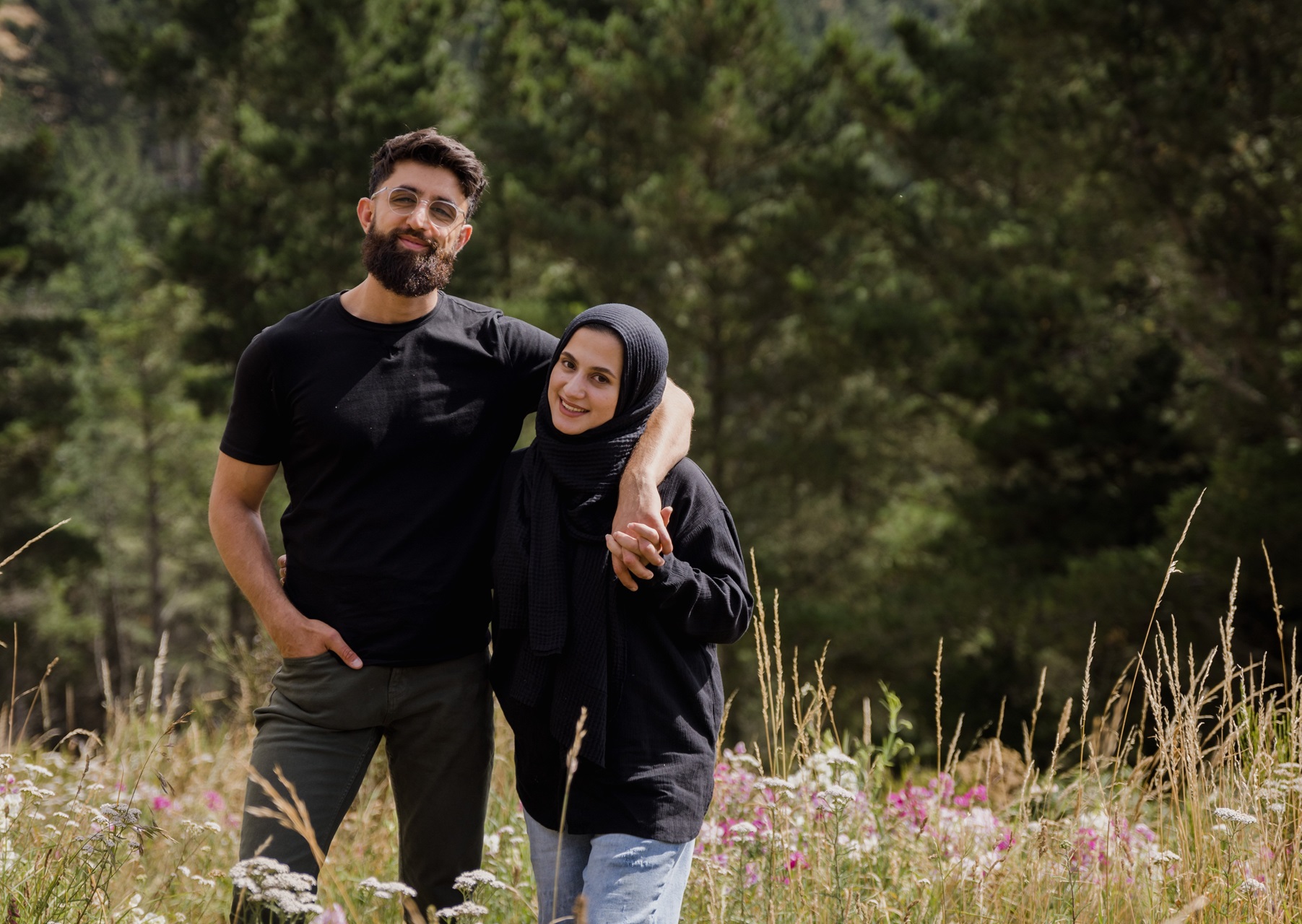
However, the new urgency of the work meant throwing themselves into researching the mechanics of the approach.
"Luckily, we had a team in Afghanistan," Afrasyabi says.
Her mother and brother, living in Kabul, identified people they might be able to help.
"They made a list, so when we reached there, our work became a bit easier," she says.
They also carried the support of the wider New Zealand community with them into the endeavour, backed by $20,000 raised via social media and crowdfunding.
Still, the documentary shows that there was nothing easy about the job on the ground. They were returning to a country still beset by vast challenges, battered by unending decades of war and upheaval, predominantly visited on Afghanistan by forces beyond its borders. The country is poor and the snow lying around the streets of Kabul underscores the struggle many face to keep their families warm and safe.
"It was crazy, it really was. It’s the hardest thing we’ve done so far in terms of getting 51 microbusinesses successfully established," Shah says.
Not only did they need to navigate the relative chaos of Kabul, without Google maps, but they had to attend to all and every detail of the work — on a tight tightline.
"We literally went to the carpenter, we went to the wholesaler, food market, every step of the way — we were with the 51 people. So, you can imagine we’re doing three, four people, travelling around the city with three, four people in one day, in different parts of the city, in a city that’s congested, traffic is crazy," Afrasyabi explains.
At the same time, the first-time film-makers were trying to document the story, recording the interviews, capturing the lives of the people with whom they engaged.
It was clearly a lot with which to contend — and then there was the risk of kidnap.
"That was probably another stressor for us," Shah says.
"We weren’t able to really creatively express ourselves because we had to constantly think, ‘OK are we going to be targeted here?’."
"And our main concern was thieves, to be honest," he adds.
"People think it was maybe the Taliban or war or whatever, but it was actually the thieves that were there. The police didn’t have much control of the city; thieves were running amok. And so we knew that and we were like, look, if somebody robs our camera, we’re going to be stuffed. So, that was more than our own safety, it was the safety of the camera and bringing this film back to New Zealand was the main concern for us."
As an aside, Shah notes that on a return trip to the country, after the return to power of the Taliban, the security situation was much improved and he at no time felt in any danger. He’s not endorsing everything the Taliban says and does — particularly with regard to women — he’s just saying.
It’s the nuanced understanding of someone thoroughly versed in all Afghanistan’s realities.
That was not always easy to communicate with their film production team back in Aotearoa. Indeed, Shah says that was probably the most difficult part of the project.
They were working with industry professionals, well schooled in their craft, but people with a different experience of life.
"So, at times we were kind of locking heads with the type of vibe or the type of narrative that we wanted to portray.
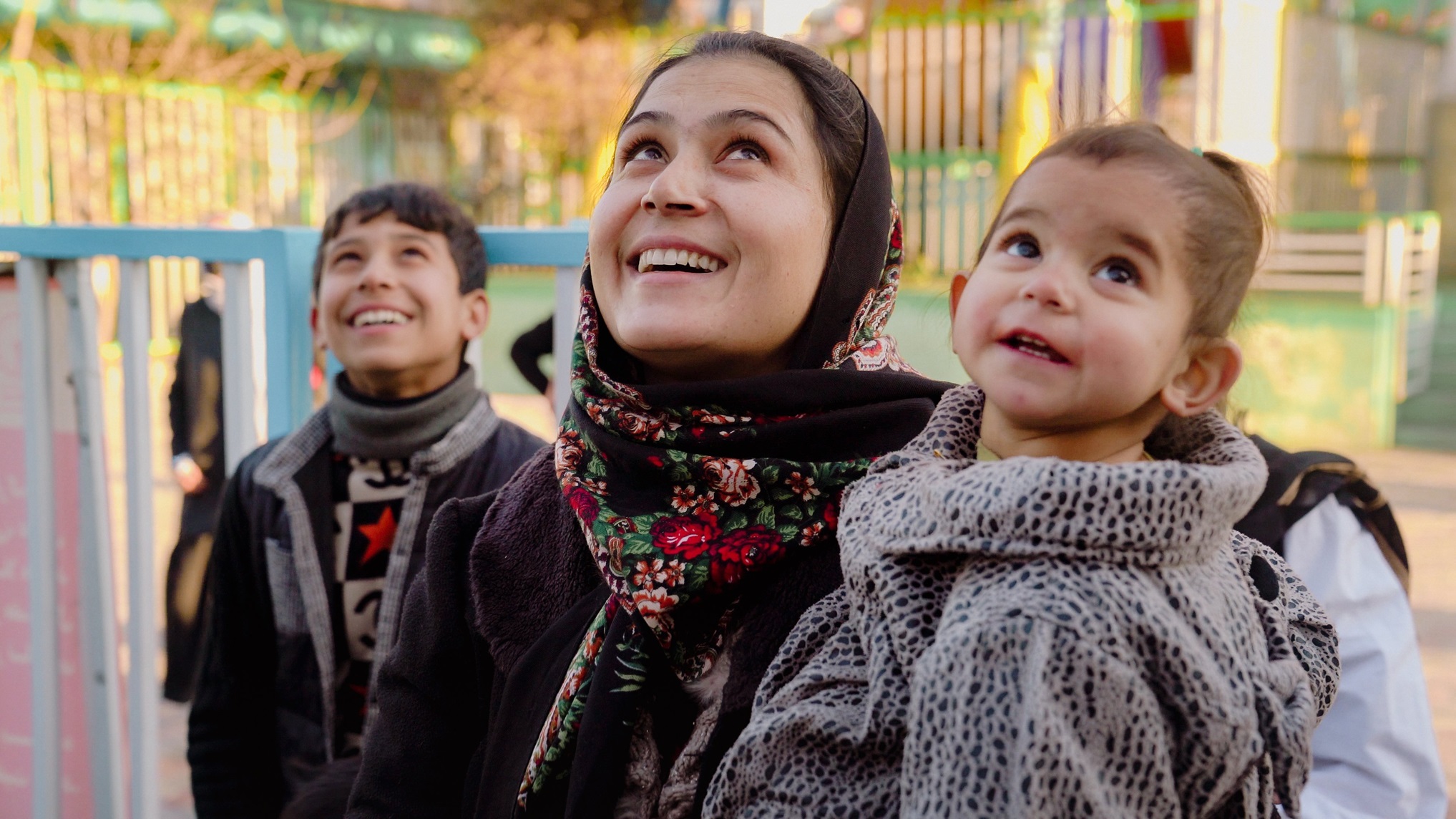
Shah and Afrasyabi were confident the people they were working with in Afghanistan would grab the opportunity they were being offered.
"Yeah, we always knew that people have the ability to do that," Shah says.
"When they’re given an opportunity, most people will take that opportunity and they’ll run with it, you know?"
It was a beautiful thing to witness.
"People are really willing to change their situation. We knew that going into it."
Afrasyabi had previously spent time documenting life in Afghanistan and sharing images and stories on social media, so the couple had that foundation to work from in terms of the storytelling.
They set themselves the goal of capturing the energy of the place, the bustle and pulse of Kabul, and bring that energy back.
"Because we really do believe in this concept of energy and having the ability to transform from one form to another," Shah says.
The task was to capture the energy of the people they met in Afghanistan and bring it back to Aotearoa.
"You’re able to cause ripple effects here, with that energy that’s created there. So that’s kind of what we’re on right now. And it’s beautiful to see that it’s actually happening."
Cinema screenings are only the start, as far as the couple are concerned. They also hope to take the film, and its energy, to schools, prisons and retirement villages.
Had the project fallen flat, that might not make for very inspiring viewing. But it didn’t. And given the calamity that sparked Shah and Afrasyabi into action, it’s a source of particular joy and relief.
"One hundred percent," Shah says. "Because the whole purpose of it was to honour the 51 martyrs, and a way to honour them is, yes a life was taken in Christchurch, but we wanted to change the trajectory of a life in Afghanistan in return, you know, kind of like fight the hatred in that way."
And not just one life, either. The microfinancing model, setting a breadwinner up in business, provided a platform for families to thrive in a way that could flow down through generations. They have seen it starting to happen.
When Shah returned to Afghanistan in 2023 to check in on some of the people they’d helped, he discovered they had indeed changed the trajectory of people’s lives for the better.
"Obviously I wasn’t able to go and meet everybody, because I didn’t have the time to do that, but ... one person went from a karachi (barrow stall) to now having his own dairy. That was probably one of the pivotal moments for me in my 2023 visit."
Another had built up his karachi business to the point he could return to study part time.
It’s the sort of sustainable impact the couple were looking for, an intervention that would make an ongoing difference.
"And the beautiful part is they’re not just helping themselves," Afrasyabi says.
"They’re helping their mothers, their sisters, their brothers, their whole family. One person is responsible for the whole family."


